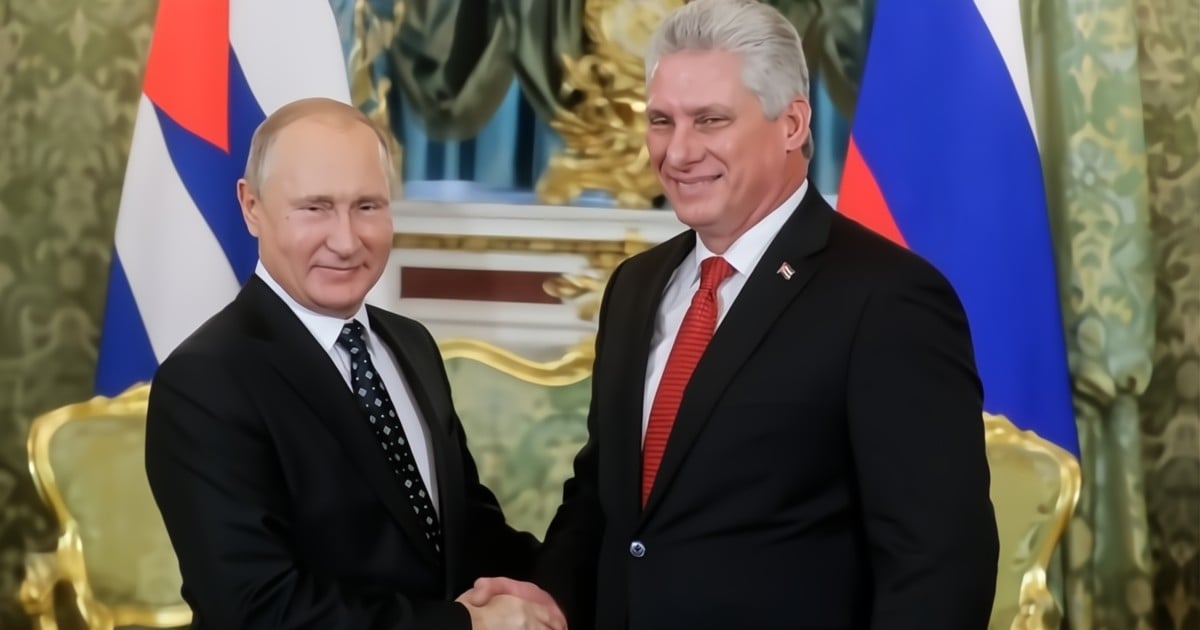The recent inclusion of Cuba as an associate member of the BRICS marks a significant milestone for the island nation as it seeks new economic and diplomatic alliances in an increasingly competitive global arena. However, transitioning to full membership in this bloc of emerging economies presents a series of challenges that Cuba must address if it wishes to have full voting rights and participate in the group’s strategic decisions.
Currently, as an associate member, Cuba can partake in certain initiatives but lacks voting power or decision-making authority. To advance to full membership, the Caribbean nation must enhance its economic stability, reform its governance model, and expand its investment commitments with key bloc countries like China and Russia.
The Challenge of Economic Stability
One of the primary hurdles for Cuba in achieving full BRICS membership is its lack of internal economic stability. The Cuban economy, characterized by a centralized and state-controlled system, is grappling with a severe energy crisis leading to prolonged blackouts that disrupt daily life and productive activities. The chronic shortage of basic goods such as food and medicine exacerbates the situation, further hindered by the country's limited openness to private capital and foreign investment.
The scarcity of foreign currency and minimal external investment stifle the revival of Cuba's productive system, limiting its capacity for sustained economic growth. While Cuba has received financial support and loans from its closest BRICS allies, particularly China and Russia, this aid has proven insufficient to overcome the structural issues plaguing its economy. To be regarded as a stable economic partner by other bloc members, Cuba must solidify its relationships with these allies, transforming existing cooperation into broader, long-term commitments, especially in key sectors like energy and infrastructure.
Reforming Governance: An Indispensable Requirement
Another significant challenge Cuba faces on its path to full BRICS membership is the need to reform its governance model. Although the BRICS encompasses a diversity of political systems, the group shares a necessity to adhere to governance standards that facilitate economic integration and attract investments. This includes adopting clear legal frameworks to protect investors and increasing openness to private sector participation.
With its rigid, centralized governance model, Cuba falls short of meeting these requirements. Despite allowing the creation of small and medium-sized enterprises and some private sector openings in recent years, these reforms have been slow and limited. State control remains a barrier to the country's economic modernization, and the lack of legal security for foreign investors breeds distrust, deterring the influx of crucial capital for economic development.
Without a deeper transformation of its economic and legal structure to ensure greater transparency and ease of investment, Cuba cannot fully meet the BRICS governance expectations. This keeps it at a distance from potential full membership, as adapting to these standards is crucial for successful cooperation within a bloc seeking broader and stronger economic integration.
Global Agenda and Political Will of BRICS
Beyond internal challenges, Cuba's potential transition to full BRICS membership also hinges on the political will of the group's current members. Recent BRICS decisions, such as Brazil’s rejection of Venezuela’s integration, highlight that internal politics and perceptions of stability among interested countries play a critical role in the bloc's expansion. For Cuba, the perception of its capability to meet the group’s commitments and its political and economic stability will be decisive.
Furthermore, aligning with the BRICS global agenda requires Cuba to adapt to the group’s strategic objectives, which include promoting fairer international trade less dependent on the U.S. dollar and fostering a more multipolar global economy. This involves not only participating in joint development projects spearheaded by the bloc but also adjusting its foreign policy to align with BRICS interests and vision in a global context.
A Long and Complex Path Ahead for Cuba
Being recognized as an associate member of the BRICS provides Cuba with an opportunity to bolster its economic diplomacy and explore new strategic alliances. However, this status does not guarantee automatic access to full membership, and the challenges Cuba faces are considerable. The necessary reforms to achieve economic stability and modernize its governance model demand a deep political and social commitment, along with greater openness to foreign investment.
In light of Venezuela's recent request to join the BRICS and Brazil’s veto of its admission, it's evident that demonstrating stability and alignment with the bloc’s interests is crucial. The rejection of Venezuela illustrates that current members are cautious when considering the inclusion of new countries that might disrupt the group's cohesion and stability.
While Cuba’s associate membership signifies a significant step forward, the journey to full membership will be lengthy and require sustained effort from the island to overcome its structural issues and secure its place within a group of emerging economies aiming to challenge Western dominance. Cuba's effective integration will depend on its ability to forge agreements and actively participate in joint projects with the bloc’s full members.
Until Cuba stabilizes its economy and reforms its governance structure, it will remain an associate member without the ability to fully influence the group’s decisions. The political will of the current BRICS members and Cuba's capacity to adapt to the group's standards will ultimately determine the future of its participation in this vital bloc of emerging economies.
